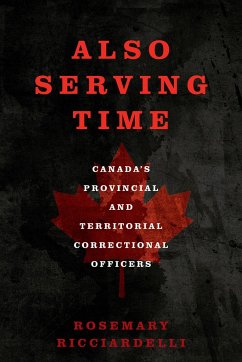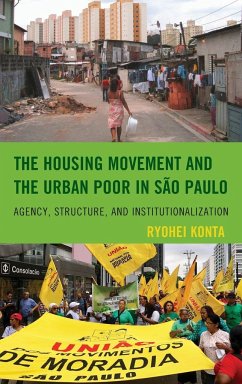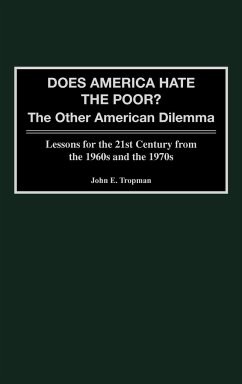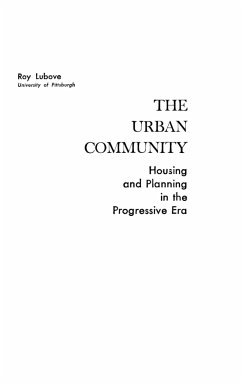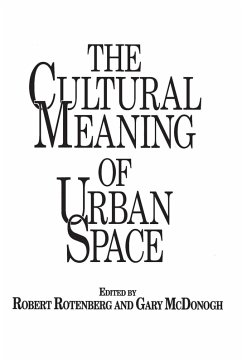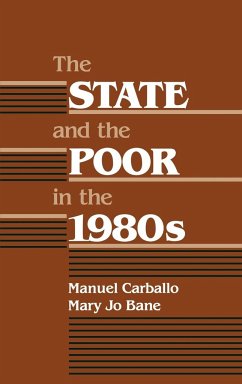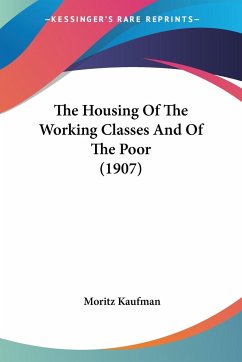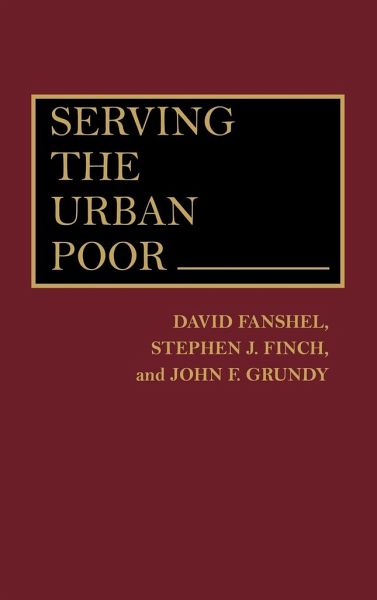
Serving the Urban Poor
Versandkostenfrei!
Versandfertig in 1-2 Wochen
88,99 €
inkl. MwSt.

PAYBACK Punkte
44 °P sammeln!
The urban poor suffer many problems beyond pressing financial concerns, including those involving housing, health, and family relationships. Social welfare agencies struggle to cope with the enormity of need presented by individuals and families. The providers frequently lack a framework to guide their priorities and the delivery of services. This volume, based on the authors' close and extensive collaboration with New York's Lower East Family Union, affords a substantive, insightful, and effective approach not only to defining the services needed but also to the delivery thereof. It also exam...
The urban poor suffer many problems beyond pressing financial concerns, including those involving housing, health, and family relationships. Social welfare agencies struggle to cope with the enormity of need presented by individuals and families. The providers frequently lack a framework to guide their priorities and the delivery of services. This volume, based on the authors' close and extensive collaboration with New York's Lower East Family Union, affords a substantive, insightful, and effective approach not only to defining the services needed but also to the delivery thereof. It also examines the cognitive and emotional states which the clients bring as they seek help. Means are provided for establishing priority of needs, assessing the value of preventive services, and formulating family-specific service responses. Potential family dissolution and implicit child welfare concerns are viewed as especially critical and receives extensive constructive discussion. Stressed, poverty-level families often approach helping agencies in a nearly exhausted condition. The needs of such clients can only be answered, and the last straw avoided, if the agencies are structured to identify the most immediate needs and to supply the understanding, supportive relationship, and the requisite practical assistance. This book, with its extensive base of experience, guides the process wisely. It offers informed hope that the awful conditions of the urban poor can be ameliorated through better planned and effective service delivery, and caring interventions.





